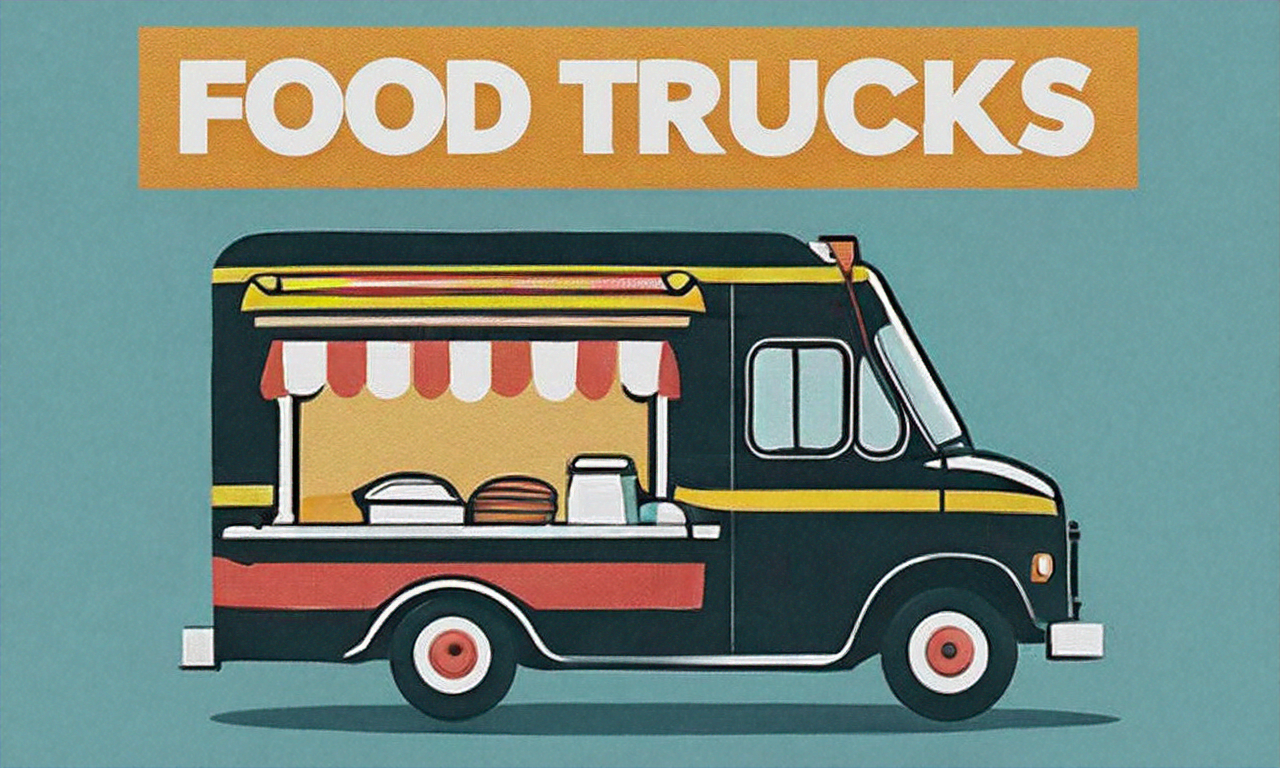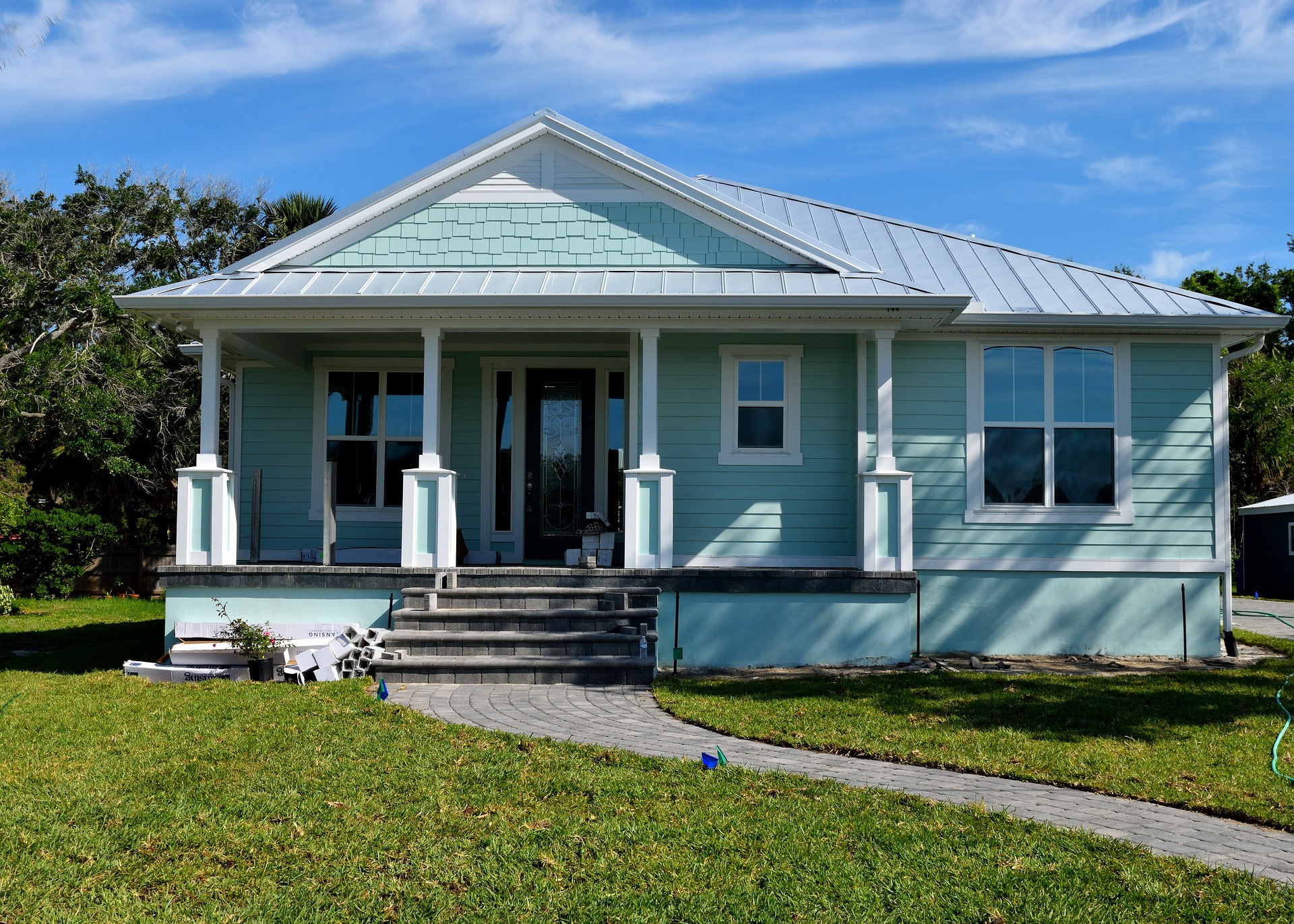Rent to Own Food Trucks for Businesses
Rent to own food trucks make it easier to start a mobile business with fewer upfront costs. With financing options and lease to own plans, aspiring owners can gradually build toward full ownership. Understand how these plans work and what to consider before starting.

What are rent to own food trucks and how do they work?
Rent to own food trucks are mobile kitchens that operators can lease with the option to purchase outright over time. This arrangement typically involves making regular payments to the truck’s owner or financing company. A portion of each payment goes towards the eventual purchase of the vehicle. At the end of the lease term, usually ranging from 24 to 60 months, the operator has the option to buy the truck for a predetermined amount or return it to the lessor.
How do rent to own plans support new food truck businesses?
These plans provide several advantages for new food truck operators:
-
Lower initial investment: Entrepreneurs can start their business without the substantial upfront cost of purchasing a food truck outright.
-
Flexibility: Operators can test their business concept and market viability before committing to full ownership.
-
Maintenance support: Many rent to own agreements include maintenance services, reducing unexpected repair costs.
-
Equipment upgrades: Some plans allow for equipment upgrades during the lease term, helping businesses stay competitive.
What should you expect from food truck financing plans?
When exploring rent to own food truck options, expect the following:
-
Credit checks: Lenders will likely review your credit history to determine eligibility and terms.
-
Down payment: Most plans require an initial down payment, typically 10-20% of the truck’s value.
-
Monthly payments: Regular payments will include both the lease cost and a portion applied towards ownership.
-
Interest rates: Rates may be higher than traditional vehicle loans due to the specialized nature of food trucks.
-
Balloon payment: Some agreements may require a larger final payment to complete the purchase.
What steps should you take to prepare for mobile food truck ownership?
To set yourself up for success with a rent to own food truck:
-
Develop a solid business plan outlining your concept, target market, and financial projections.
-
Research local regulations and licensing requirements for mobile food businesses.
-
Build your credit score to improve your chances of approval and better terms.
-
Save for a substantial down payment to reduce monthly costs and overall interest.
-
Gain experience in food service or shadow successful food truck operators to learn the ropes.
What unique considerations exist for food truck businesses in the United States?
In the United States, food truck operators must navigate a complex landscape of regulations and market trends:
-
Zoning laws: Many cities have specific areas where food trucks can operate, often with time restrictions.
-
Health inspections: Regular inspections are required to maintain permits and licenses.
-
Seasonal demand: In some regions, food truck business can fluctuate significantly with weather patterns.
-
Festival and event opportunities: Many food trucks generate substantial income by participating in local events and festivals.
-
Social media marketing: Successful food trucks often rely heavily on platforms like Instagram and Twitter to attract customers and announce locations.
What are the typical costs and options for rent to own food trucks?
When considering rent to own food trucks, it’s essential to understand the associated costs and available options. Here’s a comparison of typical rent to own food truck plans:
| Provider | Truck Type | Monthly Payment | Lease Term | Purchase Option |
|---|---|---|---|---|
| FoodTruckFinance | Basic Model | $1,500 - $2,000 | 36 months | $20,000 |
| MobileBizLease | Custom Build | $2,500 - $3,500 | 48 months | $30,000 |
| TruckRentals Inc | Premium Model | $3,000 - $4,000 | 60 months | $40,000 |
Prices, rates, or cost estimates mentioned in this article are based on the latest available information but may change over time. Independent research is advised before making financial decisions.
These plans illustrate the range of options available, from basic models suitable for startups to premium vehicles for established businesses. The monthly payments typically include both the lease cost and an amount that goes towards the final purchase price. The purchase option at the end of the lease term is often negotiable and may be influenced by the truck’s condition and market value at that time.
When evaluating rent to own food truck options, consider factors such as the truck’s size, equipment quality, and customization possibilities. Additionally, inquire about maintenance packages, insurance requirements, and any restrictions on truck modifications during the lease period. By carefully comparing these factors alongside the financial terms, aspiring food truck owners can select a plan that aligns with their business goals and budget constraints.




